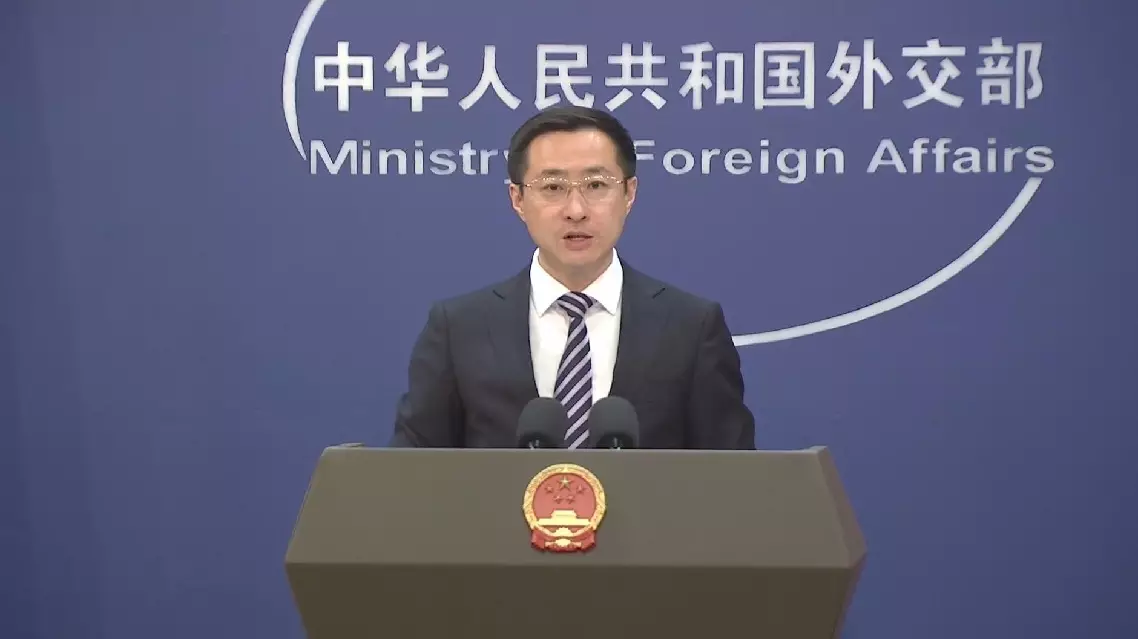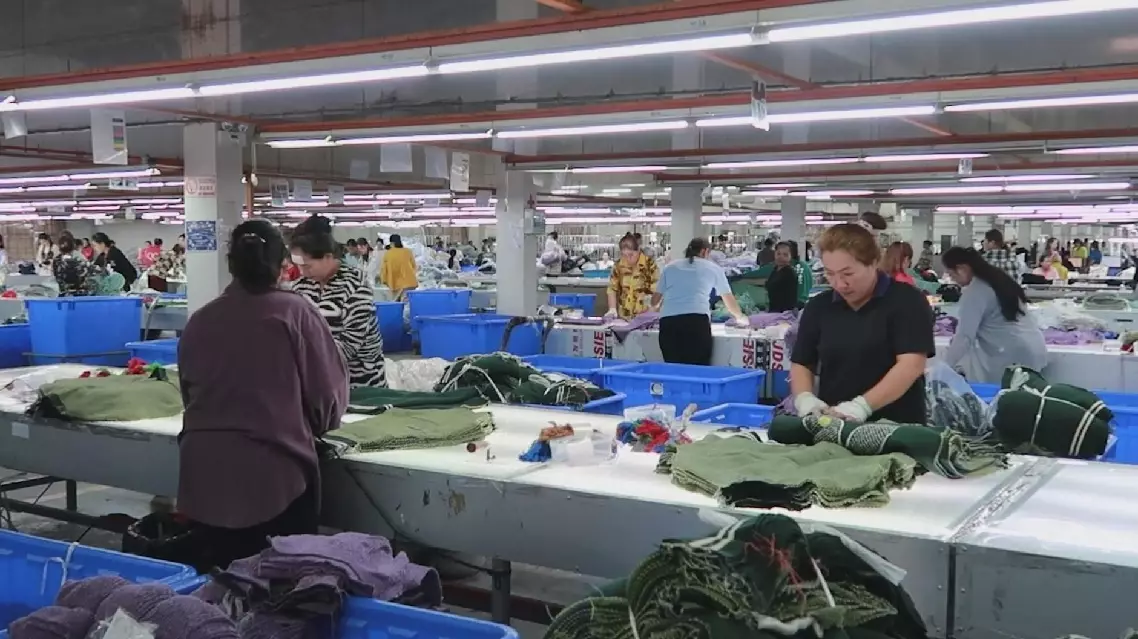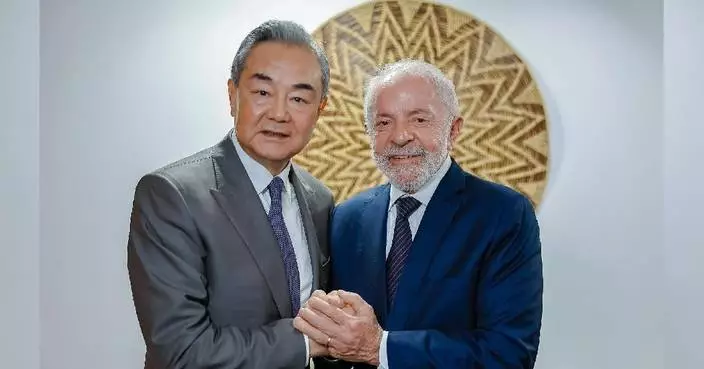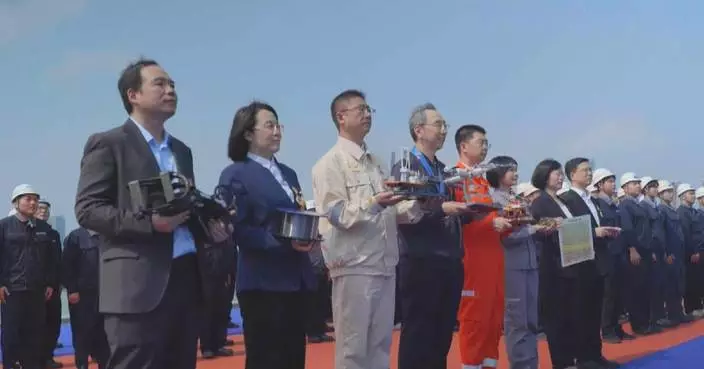The mutual visa exemption agreement signed between China and Malaysia will further enhance people-to-people exchanges and cooperation across various sectors between the two countries, Foreign Ministry spokesman Lin Jian said at a press briefing in Beijing on Thursday.
Lin made the statement in response to a query about the agreement signed during President Xi Jinping's state visit to Malaysia.
"China and Malaysia share a long-standing friendship, with similar concepts, mutual interests, and strong people-to-people connections. During President Xi Jinping's state visit to Malaysia, the two governments officially signed an agreement on mutual visa exemption for holders of passports for public affairs and ordinary passports. This is bound to further promote bilateral personnel exchanges and cooperation across various sectors, taking the China-Malaysia community with a shared future to new heights," said Lin.

China-Malaysia visa exemption to enhance personnel exchange: spokesman
U.S. tariffs on Cambodia, which were set at 49 percent, have sparked concerns among the Southeast Asian country's key export industries such as garment manufacturing amid the ensuing economic uncertainties.
On April 2, U.S. President Donald Trump announced the 49 percent "reciprocal tariff" on goods imported from Cambodia, the highest among all countries. Days later, the U.S. reduced the so-called "reciprocal tariff" to 10 percent for 90 days, offering a window period to Cambodia for negotiations with it.
Cambodian businesspeople say the tariffs have the potential to wreak havoc on the country's manufacturing sector, which, according to data from the World Bank, makes up around a fifth of the country's GDP.
"For U.S. manufacturers, definitely, there will be a big impact. If manufacturers are focusing on U.S. products, they are now in the middle. They don't know what they should do at the moment because the tariff now from Cambodia to the U.S. is actually quite high," said Dr. Ben Li, a Hong Kong investor in Cambodia and Chairman of the Cambodia Chinese Commerce Association.
Nevertheless, Li sees the tariff hike as an opportunity to export more Cambodian goods to the European Union, where a majority of Cambodian exports enjoy duty-free status.
"I always say there will be a light (at the end of the tunnel.) Even now, the U.S. tariff is so high, it's going to be so high after 90 days, we don't know. But, there's still a big market to Japan or to the European Union. There's still a big opportunity there," he said.
The Cambodian investor also believes the development of major infrastructure projects will help support Cambodia's economy.
"Especially the new canal and then the new airport, and the railways which connect to China. I believe once the logistics and infrastructure are built up, it can help the whole country's economy. By reducing the transportation costs, it can also mitigate the tariff costs," he said.
Cambodia and the U.S. held their first tariff negotiations on April 16, with more expected to follow. Local experts said the stakes are high for the country's workers.
"If this negotiation fails, there will be a significant impact. It will include the garment and travel goods sector. These sectors consist of about 1,068 factories and 930,000 workers. The income generated from these sectors is about 3 billion dollars per year. So it would significantly impact Cambodia's economy, jobs and incomes," said Chey Tech, a socio-economic research and development consultant from Dynamic Alliance Consulting.
Despite the potential risks, Tech expressed his optimism about a positive outcome, citing Cambodian Prime Minister Hun Manat's letter to Trump on April 4.
"The Prime Minister's letter confirmed that Cambodia would reduce the tariff rate for U.S. goods to 5 percent. Second, Cambodia is the least developed country. Third, Cambodia produces goods that the developed countries won't produce. We asked whether the U.S. would be able to produce these low-cost products. It cannot," said Tech.
In 2024, Cambodia exported goods of 9.9 billion dollars to the U.S., making it the country's largest market, accounting for 37 percent of Cambodia's total exports.

49-percent US tariffs sparks worry among Cambodia's key export industries





















































